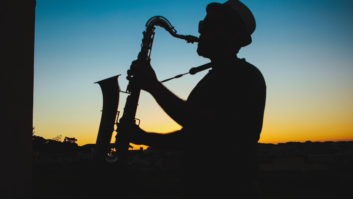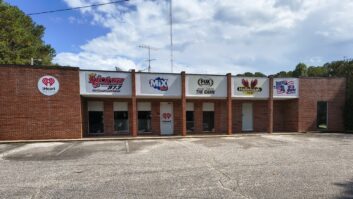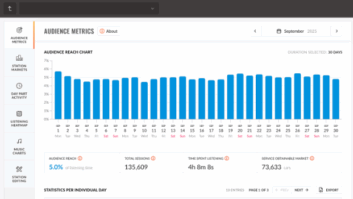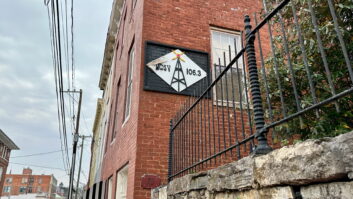The author is membership program director of the National Federation of Community Broadcasters. NFCB commentaries are featured regularly at www.radioworld.com.
You say you want to run a radio station? Do you think you know what it takes to make incredible programming and community service? Your chance to prove it may be here.
This week, the Federal Communications Commission released its tutorial for a forthcoming auction for new full- and low-power FM channels, which will start in April. It represents an exciting moment for community media, a rare window for new full-and low-power community radio to flower in new places around the United States.
Community Broadcaster: Community Radio Relevant as Ever
In December, the FCC issued a memorandum outlining the bidding process for the upcoming auction, as well as the deadlines for pre-auction filings needed, should you wish to participate in the auction. There are a number of records you will need to have in place, and systems you must be entered into to join in.
The auction makes 130 FM channels available. You can see the full list of cities where signals will be auctioned, and auction starting prices, here.
For some of you, landing your very own radio station sounds like a dream come true. I’ve personally lost count of the number of community radio folks I have met over the years who think, if only they had a license, they could run a station better than others could. It is never clear how many people are actually committed to acquiring a community radio station, however.

Here are a few issues to consider, if you’re serious about the auction and wish to make a play for one of the available signals.
As you might guess, running a station in a community will require you to be in that community of broadcast. This means you cannot just scoop up a station in a small town in Alaska for $750 and just run it from the comfort of your contiguous 48 states or Hawaii home. You guessed it. If you win an auction, you will need to pack your bags and get ready for the adventure of a lifetime.
In addition, running a radio station is not an inexpensive enterprise. There is equipment, a big list of tools and studio space you will need to pay for. Then, there are myriad licensing and insurance requirements your new station will have to cover on a monthly or annual basis. These are the costs of doing business.
Outgoing folks will love the fundraising part, because it entails talking to people and persuading them to donate to get the station going. However, in very small communities, the number of people available to financially support a station may not be equivalent to your annual operating budget. Clever and innovative development programs beyond individual giving will thus be the order of the day.
If you are open to a new city and have the resources to make a run this auction, times like this do not come around often. Few media experiences are as rewarding as launching a community radio station. Empowering local residents to be part of our media and democracy can be the signature of a career and a life. Best of luck, ambitious community media friends. All of community radio is rooting for you.







